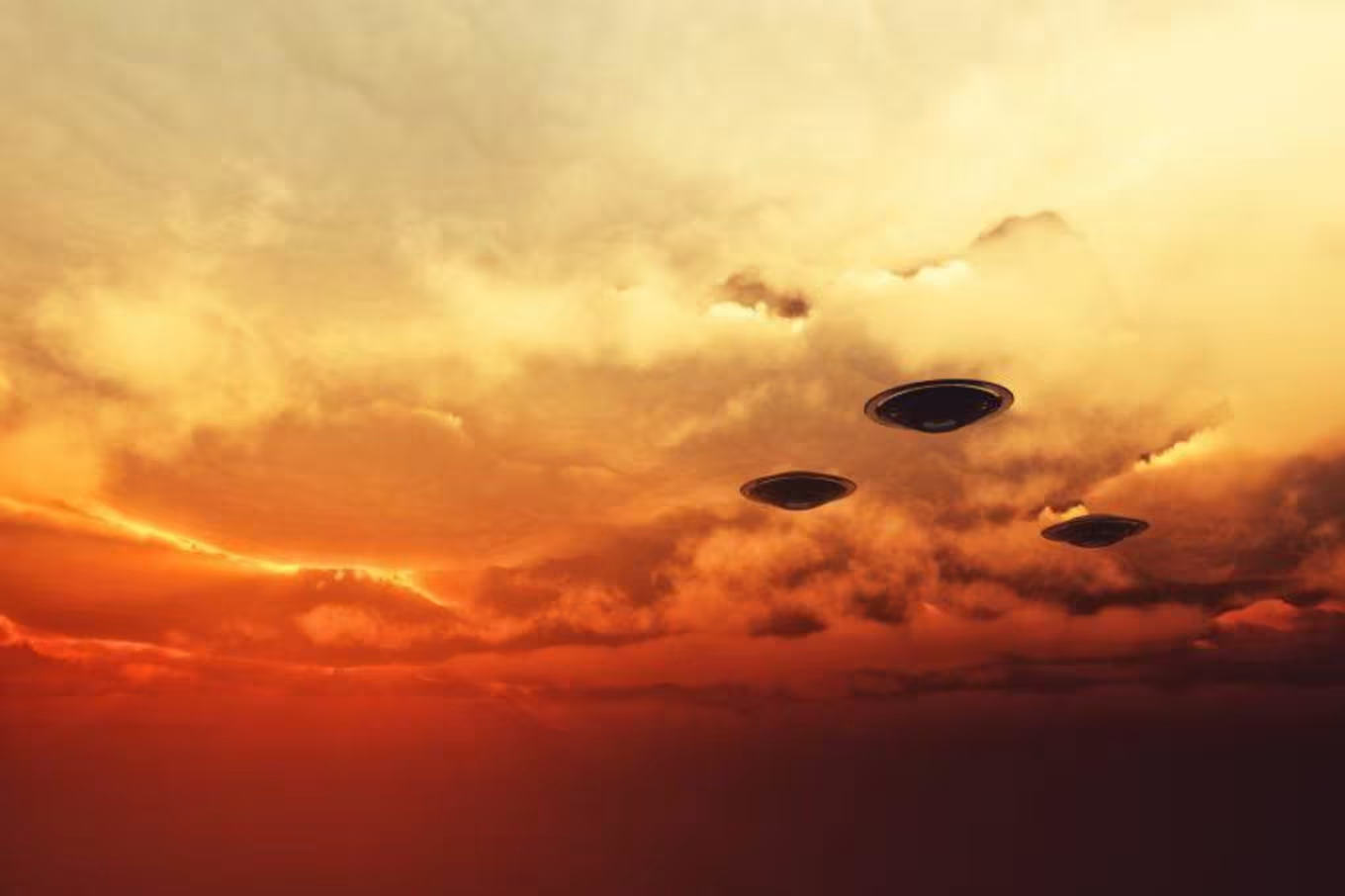We're here to help.

If you as a Christian believe the concepts that come with being a Christian, is it a contradiction to your beliefs if you also believe in aliens and that there are other life forms beyond earth?
Sincerely,
Theophilus
Dear Theophilus,
Where might contradictions and conflicts arise for the Christian in believing in aliens and other forms of life? Most of them come from imagining a small God. As our understanding of the size of the universe has expanded, has our view of how great the creator God must be expanded? The Bible tells us that God created not just the earth, but sun, moon and stars. When Genesis was written, most religions considered these entities gods. The Jews considered them objects which God created. That they were objects turned out to be correct.
Now it is widely believed that the Big Bang was the beginning of our universe, but where did the matter and energy come from to make this possible? Current science considers the universe to be 13.5 billion years old and the earth 4.5 billion years old. Time began at the moment of the Big Bang. What was there before time?
Jews and Christians have always said that God was there before the matter and energy of this universe and is eternal. This all-powerful God, who is beyond time and space and yet moves freely through all dimensions, may have created the universe in 6 days or he may have invented the Big Bang and guided evolution on our planet. God may even now be guiding it on other planets to produce whatever his boundless imagination envisions and his love desires to bring into existence. Or he may have created life on other planets long before he created it here.
I see no inherent conflict between the Christian belief and the speculation that life exists on other worlds. For those that do, it might be that they are imagining a small tribal god limited to earth rather than the Creator of the entire universe.
If we someday are able to find intelligent life on other planets and communicate with it, we will have much to learn and much to teach. Some sci-fi writers have imagined us taking our faith to the stars as the Creator God cannot be limited to earth. Some ancient peoples thought their gods were local to their tribal lands, but Jews and Christians have always believed in one Creator who is above all that is.
We will not know until we meet these other-worldly people if our beliefs are relevant to them. For them to be relevant, these others would need to be either morally perfect and in touch with the Creator (then they could teach us much), or morally and spiritually flawed like we are and in need of a savior or a means of purification. All the religions on our planet have arisen due to questions about life after death and how morally corrupt beings can be cured. Christians think Christ is the God of the entire universe who became human in order to redeem us. This God is so big, he can manage billions of star systems and know each and every one of the seven billion people on our planet now.
We have no facts to go on, but if life on other worlds is similar to us, then it might confirm that God has a consistent design for beings that are in his likeness. I do not mean physically, but morally and spiritually. If they are completely unlike us, without moral or spiritual concerns, having no belief in a Creator and no concern for the afterlife, then we would have a major challenge to face. But it might not be much different than the ones we face with other humans who have no concern about their existence after death or being answerable to their Creator for how they have used the gift of life.
Have your own theology questions? Get your questions answered by emailing [email protected] using the subject line “Dear Theophilus.” To learn more about GCU’s College of Theology visit our website or use the request more information button at the top of the page.
04/22/2025
6 min read
03/19/2025
6 min read
03/07/2025
4 min read